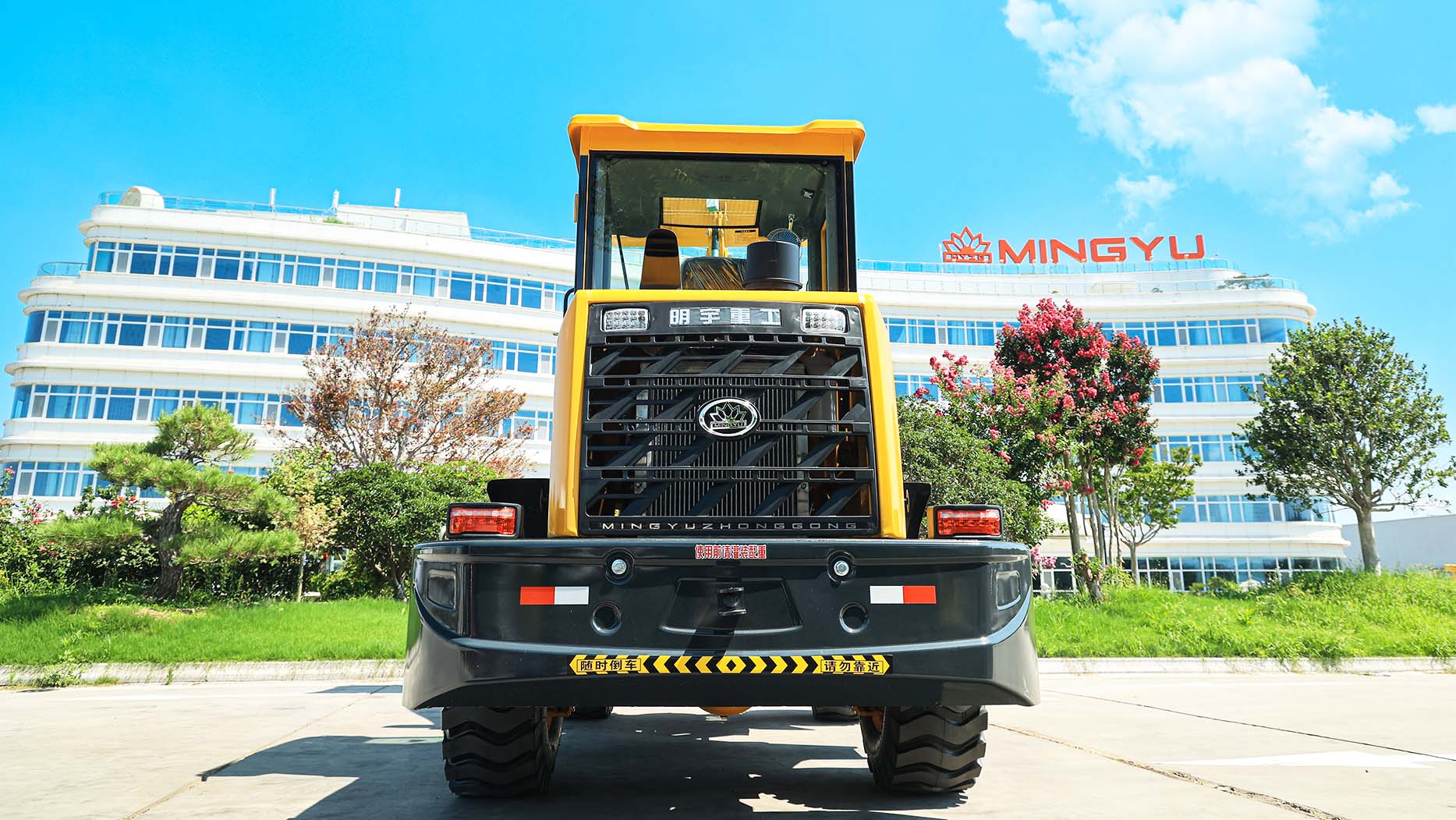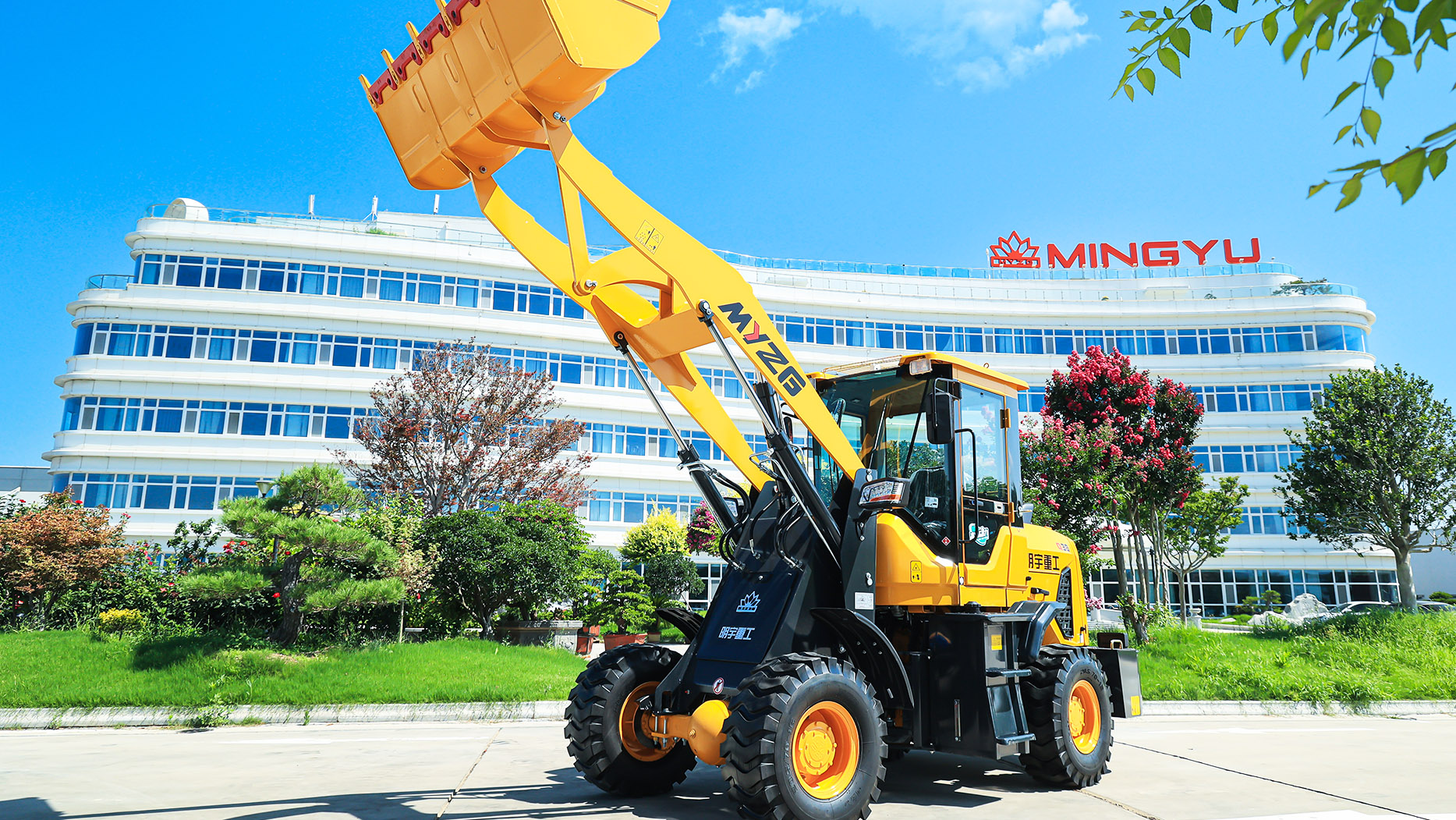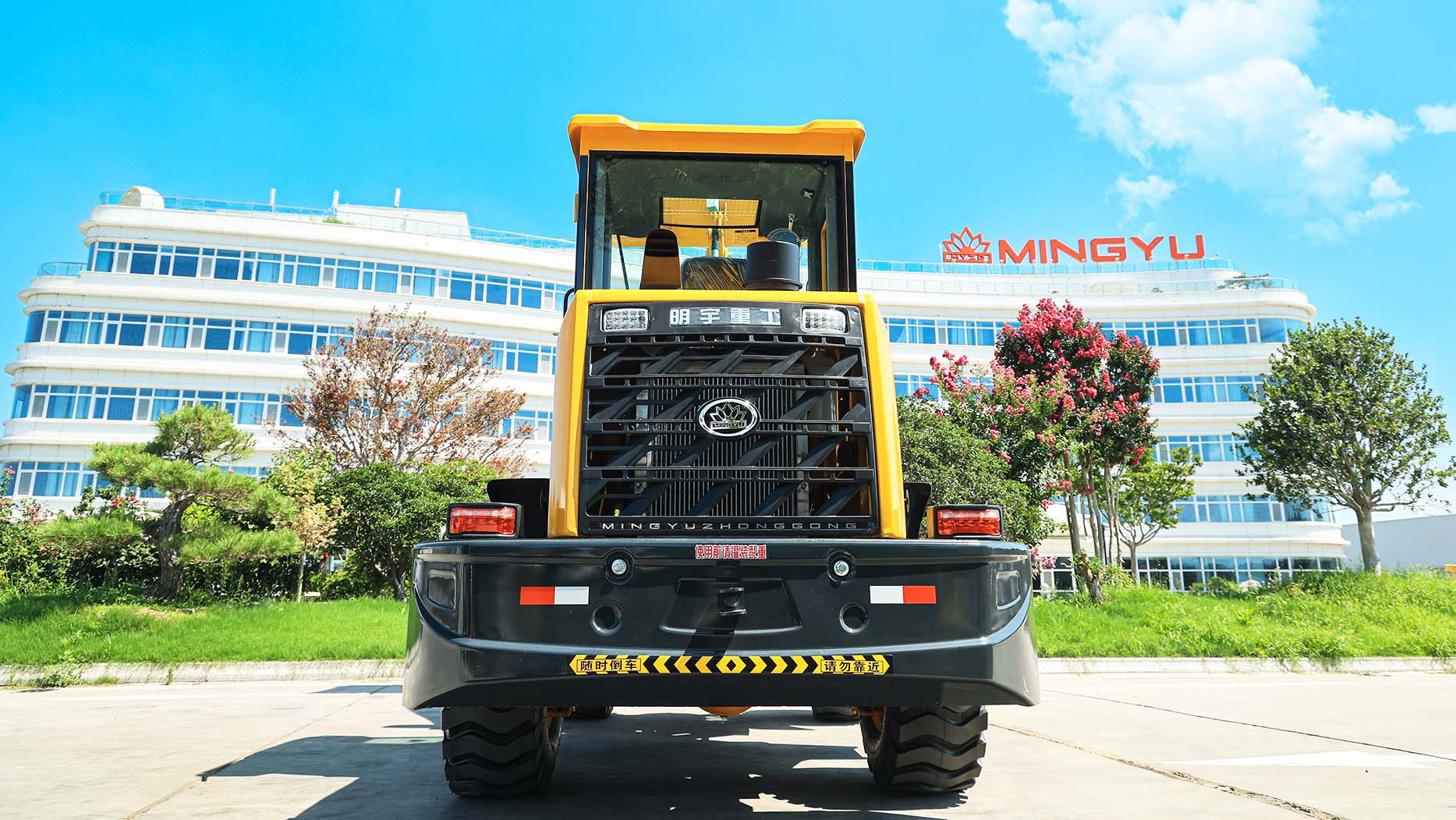Acquiring heavy equipment represents a significant capital investment for any business involved in construction, agriculture, mining, or related industries. Opting for used machinery can offer substantial cost savings, allowing businesses to expand their fleet or access necessary equipment without the premium of brand-new models. However, the used heavy equipment market can be complex, requiring careful navigation to secure reliable and cost-effective assets. This technical article provides a comprehensive guide to the best strategies and resources for finding used heavy equipment for sale, ensuring a well-informed and successful acquisition.
1. Define Your Needs with Precision:
Before even beginning your search, a thorough assessment of your specific requirements is paramount. This upfront clarity will save time and prevent the acquisition of unsuitable machinery. Consider the following:
Equipment Type and Specifications: Clearly define the type of equipment needed (e.g., excavator, bulldozer, wheel loader, crane, etc.) and the essential specifications such as operating weight, lifting capacity, digging depth, engine power, and any necessary attachments.
Project Requirements: Understand the demands of your typical projects. What size and capacity of equipment are necessary to handle the workload efficiently? Consider terrain, material types, and project scale.
Budget: Establish a realistic budget, encompassing not only the purchase price but also potential transportation costs, inspection fees, immediate repairs, and initial maintenance.
Desired Condition and Age: Determine the acceptable level of wear and tear, and the maximum age you are willing to consider. Balance initial cost savings with potential future maintenance needs.
Hours of Operation: Heavy equipment lifespan is often measured in operating hours. Understand the typical lifespan of the equipment type you need and assess the remaining useful life based on the recorded hours.
Technological Requirements: Consider if specific technological features like GPS, telematics, or advanced control systems are necessary for your operations.

1. Define Your Needs with Precision:
Before even beginning your search, a thorough assessment of your specific requirements is paramount. This upfront clarity will save time and prevent the acquisition of unsuitable machinery. Consider the following:
Equipment Type and Specifications: Clearly define the type of equipment needed (e.g., excavator, bulldozer, wheel loader, crane, etc.) and the essential specifications such as operating weight, lifting capacity, digging depth, engine power, and any necessary attachments.
Project Requirements: Understand the demands of your typical projects. What size and capacity of equipment are necessary to handle the workload efficiently? Consider terrain, material types, and project scale.
Budget: Establish a realistic budget, encompassing not only the purchase price but also potential transportation costs, inspection fees, immediate repairs, and initial maintenance.
Desired Condition and Age: Determine the acceptable level of wear and tear, and the maximum age you are willing to consider. Balance initial cost savings with potential future maintenance needs.
Hours of Operation: Heavy equipment lifespan is often measured in operating hours. Understand the typical lifespan of the equipment type you need and assess the remaining useful life based on the recorded hours.
Technological Requirements: Consider if specific technological features like GPS, telematics, or advanced control systems are necessary for your operations.
2. Explore Online Marketplaces and Classifieds:
The internet has revolutionized the way used heavy equipment is bought and sold. Numerous online marketplaces and classified websites specialize in connecting buyers and sellers globally. These platforms offer a vast inventory and powerful search tools to narrow down your options.
General Heavy Equipment Marketplaces: Websites like Mascus, IronPlanet, Machinery Trader, AuctionTime, and HeavyMart host a wide array of listings from dealers and private sellers worldwide. They often feature detailed equipment specifications, photographs, and seller contact information.
Auction-Specific Platforms: Websites such as Ritchie Bros. Auctioneers, Purple Wave, and BidSpotter specialize in online and live auctions of used heavy equipment. Auctions can present opportunities for competitive pricing but require thorough due diligence and often involve time-sensitive bidding.
Industry-Specific Forums and Groups: Online forums and social media groups dedicated to specific industries (e.g., construction, agriculture) can be valuable resources for finding equipment being sold by end-users.
Tips for Utilizing Online Platforms:
Use Specific Keywords: Employ precise keywords in your searches (e.g., "used Caterpillar 320 excavator for sale Singapore").
Filter Your Results: Utilize filters for price range, location, year of manufacture, operating hours, and other relevant criteria.
Thoroughly Review Listings: Carefully examine all available information, including descriptions, specifications, and photographs. Request additional details or photos if needed.
Check Seller Reputation: Look for seller ratings, reviews, or feedback where available. Investigate the seller's history and credibility.
Be Wary of "Too Good to Be True" Deals: Exceptionally low prices can be a red flag for potential scams or misrepresented equipment.
 3. Engage with Used Heavy Equipment Dealers:
3. Engage with Used Heavy Equipment Dealers:
Reputable used heavy equipment dealers can be a valuable source for finding quality machinery. They often inspect, service, and sometimes offer warranties on their equipment, providing a degree of assurance.
Local Dealers: Search for established heavy equipment dealerships in your geographic area. Local dealers may have a more limited inventory but can offer in-person inspections and potentially better after-sales support.
National and International Dealers: Larger dealerships often have extensive networks and a wider selection of used equipment sourced from various locations.
Manufacturer-Certified Used Programs: Major manufacturers like Caterpillar (Cat Used) and John Deere offer certified used programs. These machines undergo rigorous inspections and often come with limited warranties, offering a higher level of confidence.
Benefits of Working with Dealers:
Inspected and Serviced Equipment: Dealers often perform inspections and necessary maintenance before listing equipment for sale.
Potential for Warranties: Some dealers offer limited warranties on used equipment.
Financing Options: Dealers may provide or facilitate financing options.
Expertise and Support: Dealers can offer valuable advice and support throughout the buying process.
4. Attend Local and Regional Heavy Equipment Auctions:
Heavy equipment auctions, both live and online, can be a dynamic way to find used machinery. Auctions often feature a wide variety of equipment being sold to the highest bidder.
Research Auction Houses: Identify reputable auction houses specializing in heavy equipment in your region or online.
Review Auction Catalogs: Carefully examine the auction catalog for equipment that meets your needs. Pay attention to descriptions, photographs, and any available inspection reports.
Attend Pre-Auction Inspections: Whenever possible, attend the pre-auction inspection to thoroughly examine the equipment in person.
Understand Auction Terms and Conditions: Familiarize yourself with the auction's bidding process, payment terms, buyer's premiums, and any other relevant conditions.
Set a Maximum Bid: Determine your maximum acceptable price before bidding and stick to it.
5. Leverage Your Network and Industry Connections:
Don't underestimate the power of your professional network. Reach out to colleagues, industry contacts, and other businesses in your sector to inquire about used equipment they may be selling or know of.
Inform Your Network: Let your contacts know the specific types of equipment you are looking for.
Attend Industry Events: Trade shows and industry conferences can provide opportunities to connect with potential sellers.
Join Industry Associations: Membership in relevant industry associations can provide access to networks and potential leads.
 6. Conduct Thorough Inspections and Due Diligence:
6. Conduct Thorough Inspections and Due Diligence:
Regardless of where you find potential equipment, a thorough inspection and due diligence are crucial to avoid costly mistakes.
Visual Inspection: Carefully examine the equipment for signs of wear and tear, rust, leaks, structural damage, and any obvious issues. Pay close attention to critical components like the engine, hydraulics, undercarriage (for tracked machines), and tires (for wheeled machines).
Review Maintenance Records: Request and meticulously review the equipment's maintenance history. Well-maintained equipment is generally a safer investment.
Operational Testing: If possible, operate the equipment or have a qualified operator test it to assess its functionality and performance. Check all controls, движущиеся части, and systems.
Fluid Analysis: Consider taking fluid samples (engine oil, hydraulic fluid, coolant) for analysis to identify potential internal issues.
Independent Inspection: For higher-value equipment, consider hiring an independent, qualified heavy equipment inspector to conduct a comprehensive evaluation. This can provide an unbiased assessment of the machine's condition and potential future issues.
Check for Liens and Ownership: Verify the ownership of the equipment and ensure there are no outstanding liens or encumbrances.
7. Negotiate Price and Terms:
Once you have identified suitable equipment and conducted your due diligence, be prepared to negotiate the price and terms of the sale.
Research Fair Market Value: Understand the current market value for comparable used equipment based on age, hours, condition, and location.
Be Prepared to Walk Away: Don't feel pressured to buy if the price or terms are not favorable.
Consider All Costs: Factor in transportation, taxes, and any immediate repairs needed when negotiating the final price.
Document the Agreement: Ensure all agreed-upon terms and conditions are clearly documented in a written sales agreement.
Conclusion: A Strategic Approach to Acquiring Used Heavy Equipment
Finding the best used heavy equipment for sale requires a strategic and multi-faceted approach. By clearly defining your needs, exploring various online and offline resources, conducting thorough inspections, and exercising due diligence, you can navigate the market effectively and acquire reliable machinery that meets your operational requirements and budget. Remember that patience and a commitment to thorough research are key to making a sound investment in the used heavy equipment market in Singapore or anywhere else in the world.
Post time:May.06.2025
